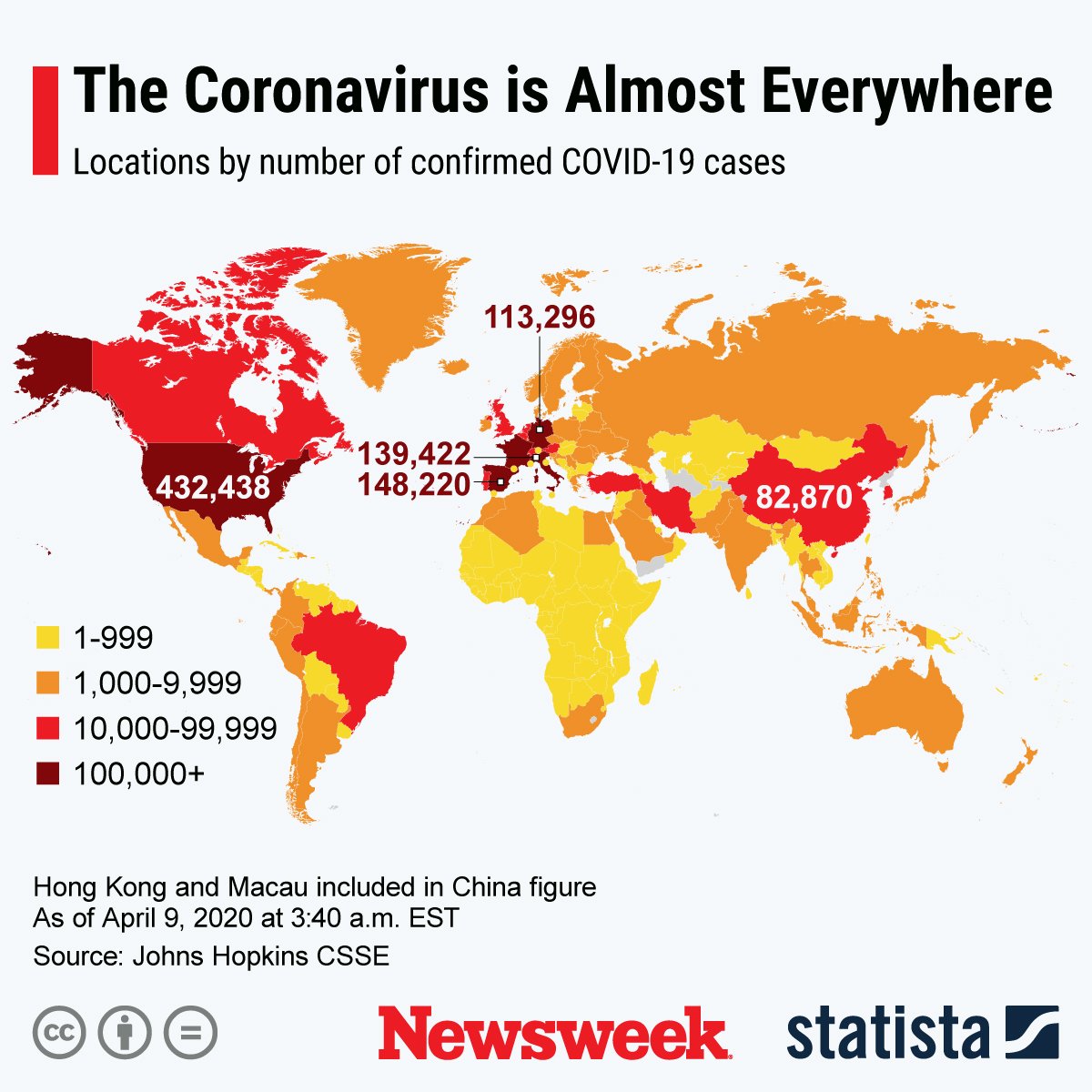Researchers are exploring a potential new treatment for COVID-19 known as leronlimab and have administered the drug for the first time to coronavirus patients in the past few days. Leronlimab is also being investigated for its usefulness against triple-negative breast cancer.
The first two coronavirus patients have been treated with the drug in a Phase II clinical trial, which has been specifically designed to asses the impact of leronlimab on patients with mild-to-moderate forms of the disease, the developer, biotechnology firm CytoDyn, said in a press release earlier this week.
The Phase II trial, which was given the go-ahead by the U.S. Food and Drug Administration (FDA) on March 31, will be used to determine what biological effects the drug has and how safe it is. But before a drug can be approved for use by regulatory bodies, it must pass further trials, which usually involve a higher number of participants and assess the effectiveness of the intervention more rigorously.
According to CytoDyn, the trial, which will be randomized, double-blinded and placebo-controlled, aims to enrol 75 patients. Randomization, the use of placebos and blinding—where one or more parties are kept unaware of which treatments patients received—are all used by researchers to prevent conscious or unconscious bias from affecting the results of the trial.
The company says that leronlimab has been administered recently to 15 severely ill COVID-19 patients—10 at a leading medical centre in New York and five at three other hospitals—all under an EIND, of emergency investigational new drug application, which was granted individually by the FDA.
CytoDyn also said that it is commencing another COVID-19 trial, which will treat more than 340 severely ill patients with leronlimab for two weeks.
"We are encouraged by the positive results demonstrated with leronlimab in the New York patients," Bruce Patterson, M.D., Chief Executive Officer and founder of IncellDx, a diagnostic partner and advisor to CytoDyn, said in the press release.
"Our team is working hard to distribute leronlimab to multiple clinical sites to initiate therapy in patients with severe COVID-19 disease. While every patient is experiencing different comorbidities, we are seeing similar clinical responses, which we believe is a reflection of leronlimab's mechanism of action," he said.

Researchers think that the drug may work by calming the aggressive immune response called the "cytokine storm" that occurs in severely ill COVID-19 patients, but further research is needed to determine how effective leronlimab is.
The FDA has already granted leronlimab "Fast Track" designation to explore its efficacy as a treatment for metastatic triple-negative breast cancer as well as HIV. In fact, nine clinical trials have been completed to date in which the drug has been administered to more than 800 people, including one Phase III trial involving HIV patients where leronlimab was combined with standard therapies.
These early trials indicate that potential side effects of the drug may include diarrhea, headache, swollen lymph nodes, high blood pressure, and injection site reactions.
As the COVID-19 pandemic spreads, scientists around the world are scrambling to test the effectiveness of various potential treatments, as well as develop a vaccine. But while efforts are being made to accelerate this process, with some drugs being tried outside of formal studies, randomized controlled trials are still required to truly asses whether or not a given treatment works and if it is safe.
The graphic below, provided by Statista, illustrates the spread of COVID-19 around the globe as of april 9.

Centers for Disease Control and Prevention Advice on Using Face Coverings to Slow Spread of COVID-19
- CDC recommends wearing a cloth face covering in public where social distancing measures are difficult to maintain.
- A simple cloth face covering can help slow the spread of the virus by those infected and by those who do not exhibit symptoms.
- Cloth face coverings can be fashioned from household items. Guides are offered by the CDC. (https://www.cdc.gov/coronavirus/2019-ncov/prevent-getting-sick/diy-cloth-face-coverings.html)
- Cloth face coverings should be washed regularly. A washing machine will suffice.
- Practice safe removal of face coverings by not touching eyes, nose, and mouth, and wash hands immediately after removing the covering.
World Health Organization advice for avoiding spread of coronavirus disease (COVID-19)
Hygiene advice
- Clean hands frequently with soap and water, or alcohol-based hand rub.
- Wash hands after coughing or sneezing; when caring for the sick; before, during and after food preparation; before eating; after using the toilet; when hands are visibly dirty; and after handling animals or waste.
- Maintain at least 1 meter (3 feet) distance from anyone who is coughing or sneezing.
- Avoid touching your hands, nose and mouth. Do not spit in public.
- Cover your mouth and nose with a tissue or bent elbow when coughing or sneezing. Discard the tissue immediately and clean your hands.
Medical advice
- Avoid close contact with others if you have any symptoms.
- Stay at home if you feel unwell, even with mild symptoms such as headache and runny nose, to avoid potential spread of the disease to medical facilities and other people.
- If you develop serious symptoms (fever, cough, difficulty breathing) seek medical care early and contact local health authorities in advance.
- Note any recent contact with others and travel details to provide to authorities who can trace and prevent spread of the disease.
- Stay up to date on COVID-19 developments issued by health authorities and follow their guidance.
Mask and glove usage
- Healthy individuals only need to wear a mask if taking care of a sick person.
- Wear a mask if you are coughing or sneezing.
- Masks are effective when used in combination with frequent hand cleaning.
- Do not touch the mask while wearing it. Clean hands if you touch the mask.
- Learn how to properly put on, remove and dispose of masks. Clean hands after disposing of the mask.
- Do not reuse single-use masks.
- Regularly washing bare hands is more effective against catching COVID-19 than wearing rubber gloves.
- The COVID-19 virus can still be picked up on rubber gloves and transmitted by touching your face.
Uncommon Knowledge
Newsweek is committed to challenging conventional wisdom and finding connections in the search for common ground.
Newsweek is committed to challenging conventional wisdom and finding connections in the search for common ground.
About the writer
Aristos is a Newsweek science reporter with the London, U.K., bureau. He reports on science and health topics, including; animal, ... Read more





